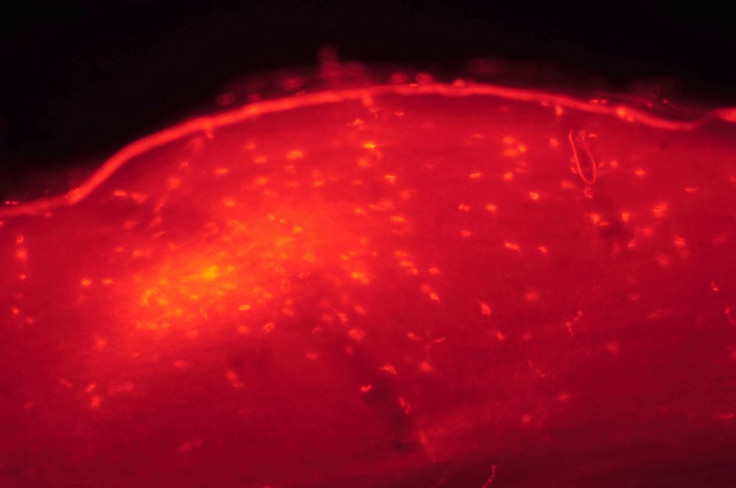Using Optogenetics, Scientists Create False Memories in Mice

How do you know your memories are real?
Jorge Luis Borges, the 20th Century Argentine writer per excellence, knew about the pitfalls of the mind. His short story "The Other Death," from the 1949 collection The Aleph, chronicles the narrator's attempt to sort out two conflicting retellings of the same event, given by the same friend. Finding himself without a satisfying explanation, be begins to theorize that it is the memory itself that has changed, and not his friend's capacity to recall it.
Prevailing psychological research cautions that our memory, firm and reliable as it may seem, is nonetheless subject to skewed perspectives, partial oblivion, and sudden changes. Now, a new study, conducted by scientists at the Riken - M.I.T Center for Neural Circuit Genetics at the Massachusetts Institute of Technology, adds to the mounting evidence that our mind cannot always be trusted - despite the clarity of the memory.
By partially identifying the biological substrate of memory itself, researchers have been able to implant false memories in mice.
Their findings are published in the journal Science.
Lead author Susumu Tonegawa, who was awarded the 1987 Nobel Prize in Medicine for his work in immunology, told reporters from The New York Times that the experiment is yet another reminder of easily the mind can be perturbed and tricked into believing that something happened, even though it never did.
In the experiment, researchers artificially linked two disparate memories formed earlier in the mice's brains - a memory of receiving an electric shock, and a memory of an unrelated, specific environment. Even though the shock had been administered in a completely different situation, scientists were able to pair it with the new environment, leading the mice to identify and respond to a false threat.
The mice understood the new, completely different environment to be the same one in which the shock had been administered.
The team used optogenetic tools to observe and label the relevant neurons in the mice's brains, making them responsive to a blue light transmitted through a fiber optic cable. Tonegawa and his colleagues were then able to activate the initial memory while the other was forming, creating an artificial confluence of the two.
The point of the research, Tonegawa said, is "to make people realize even more than before how unreliable human memory is," particularly in the criminal justice system. He added that the unreliability naturally prompts the question why our brains, from an evolutionary standpoint, have become so prone to false memory formation and other mental pitfalls. While there's no conclusive answer, he theorized that the unreliability may be the result of a compromise between memory and another crucial faculty: creativity, and the capacity to envision that which isn't there.
"Unless you have that kind of ability, there is no civilization," he said. So perhaps the tradeoff is worth it.
Source:
Steve Ramirez, Xu Liu, Pei-Ann Lin, Junghyup Suh, Michele Pignatelli, Roger L. Redondo, Tomás J. Ryan, and Susumu Tonegawa. “Creating a False Memory in the Hippocampus.”in Science. 26 July 2013: 341 (6144), 387-391. [DOI:10.1126/science.1239073]
Published by Medicaldaily.com



























